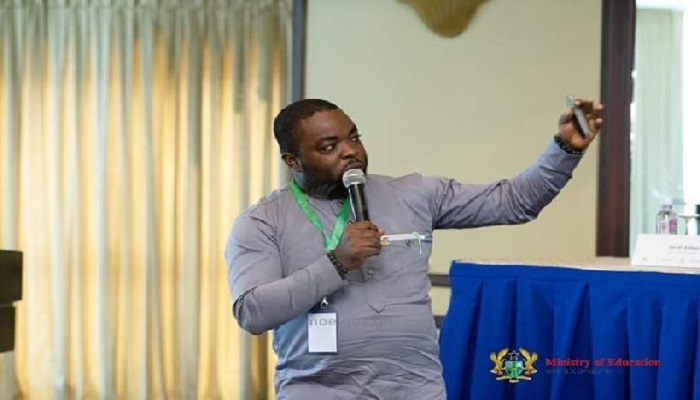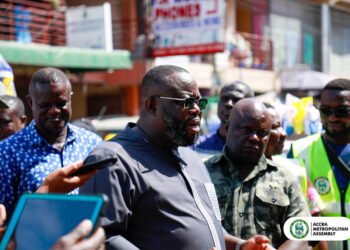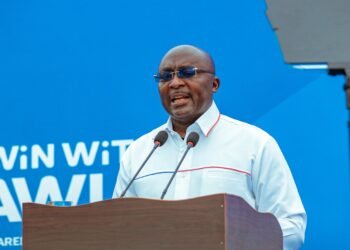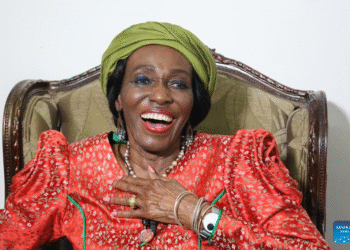Executive Director of the Institute for Education Studies (IFEST), Peter Anti, has revealed that the placement system for first year Senior High School students in the country is not full proof.
Mr Anti indicated that the challenges encountered with the school placement system stems from students and parents accessing their choices of schools. This, he explained, is predicated on their lack of “understanding” on how the selection of schools work. He opined that 80 per cent of the problems will be solved if parents and students select the right schools they will naturally be disposed to gaining admission.
“I think the system is not full proof [and] there are challenges with the system. I said last year that, in Ghana where we use technology to solve problems, we tend to use technology to create more problems, especially when we had the issue of people going to the Independence Square to queue for their students to be placed or their placement to be changed”.
Peter Anti
Despite the teething problems, Mr Anti intimated that there has been a lot of improvement with the system. In comparison to previous years, he reckoned that there has been considerable progress in the process. Nonetheless, he iterated that, mostly, challenges with school placements should be placed at the “doorsteps” of parents and teachers in the schools, as they are supposed to guide the students to select the appropriate schools.
“So, the system needs improvement, I wouldn’t disagree with that. But basically, the problem is with those who help the kids to select the schools; parents and sometimes the teachers who guide(s) them. If we are able to fix that part of the puzzle, we are solving the problem 80%”.
Peter Anti
Reopening date for first year students
Commenting on the April 4 reopening date for first year students, Mr Anti expressed surprise over the early commencement of school for students. He indicated that the appropriate authorities, which in this case, are the GES, Ministry of Education and WAEC are in the best position to explain why the sudden reopening of schools for first years. Following this, he explained that they may be privy to some information which influenced their date choice.

“Because if you look at the day that the academic calendar was to be released, most of us were shocked that first years will go to school in April because they had written the exams, I think in November and naturally it takes WAEC two months to process, mark and release the results… But then GES when they released their calendar, they said that the students will reopen in April. It means that in their mind, they were certain when the result will be released and therefore, this is where they thought will be appropriate for the students to go to school”.
Peter Anti
Describing the situation as “problematic”, the Executive Director for IFEST explained that although parents had advanced knowledge on when their kids will have to report to school, they were not privy to information concerning the date for placement of the students earlier, since as at the time, it had not been released.
“So, I think that there is something that GES, the ministry and WAEC have not told us [and] we will need to find out one day. Because if you look at the sequence of events and timing that they decided to ask the first years to report, it means they had prior knowledge on when all these processes will end and the students will need to get to school”.
Peter Anti
Following this he urged GES, the Ministry of Education and WAEC to provide ample notice and time for subsequent first year students to commence their education. This, he explained, will ensure parents and students are duly prepared to go to school.
“Of course, the practice where we say students get to school the first week and nothing substantial is done should not be the case. I know that in some of the schools, so far as the school is opened today, in some of the schools, technically, academic work might begin somewhere Wednesday and if you are not able to get your wards to school, it means you are going to lose out. So, we need to [have] a situation whereby when schools reopen, at least two days after school reopens, everybody is in school so we can get the academic work going on”.
Peter Anti
READ ALSO: JAKF Launched Youth in Agribusiness Festival























